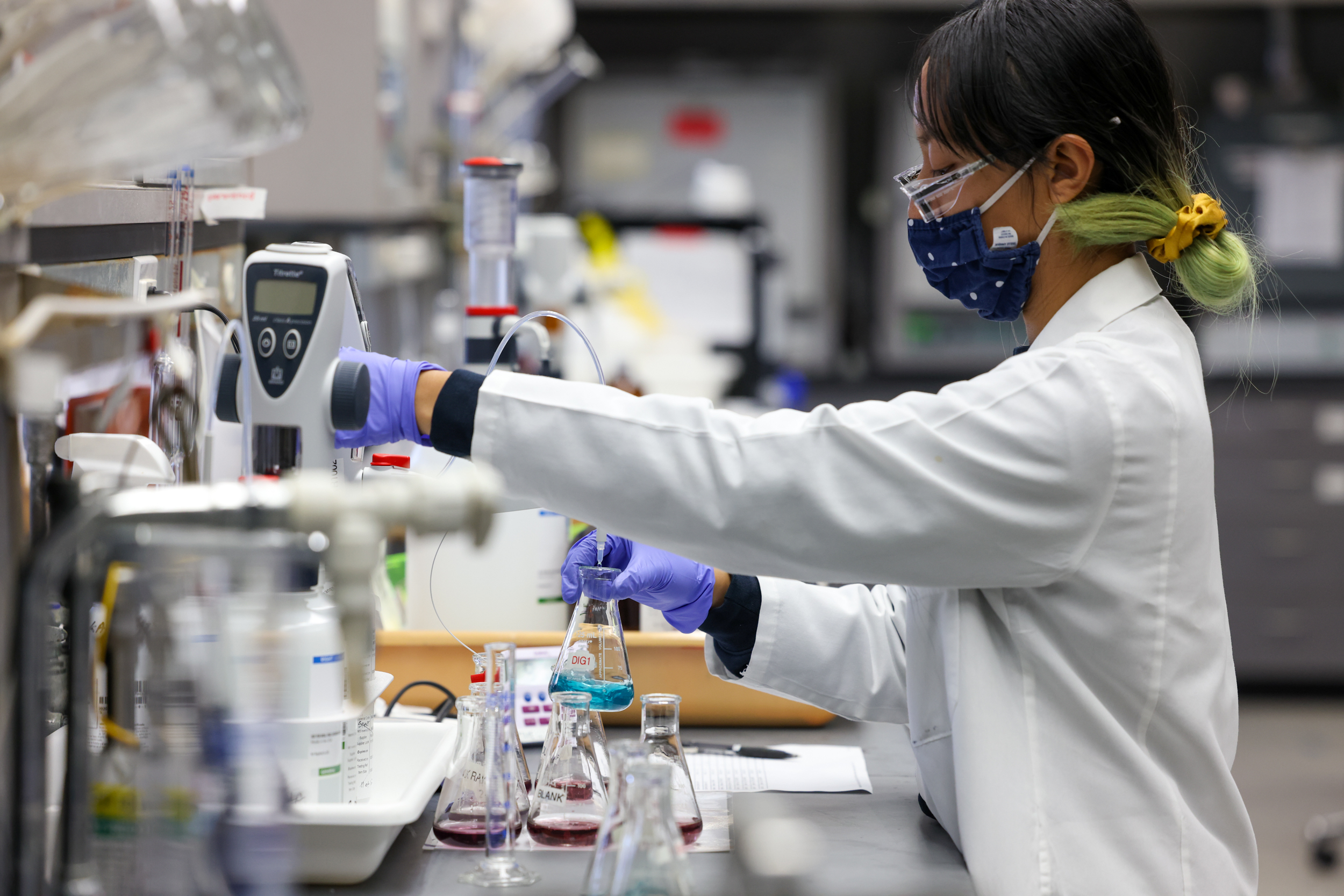Wash your hands and mask up, or else things could get really shitty: Norovirus is on the rise across the country and in the Bay Area.
As of Feb. 11, 17% of norovirus cases in the country came back positive, and wastewater data in San Francisco shows increasing levels of the virus in city sewersheds. Though winter has traditionally been norovirus’s shittiest (sorry) time, experts warn that the recent, and late, surge in the country and in the Bay Area is unusual.
The virus is known for causing explosive diarrhea, stomach pain, vomiting and other deeply unpleasant gastrointestinal issues. It’s extremely contagious, so much so that cluster cases of norovirus tend to crop up in close-quarters settings like university dorms. The virus is most serious for young children, the elderly and immunocompromised individuals.
But unlike Covid, norovirus often does not require individuals to get tested to see if they have the virus. And its similarities to the common stomach bug mean that many folks who fall ill may not seek professional medical care, and may also not know they’re carrying a more contagious strain of the virus.
Yet, the city’s sentinel sewer system, operated by WastewaterSCAN, has detected rapidly increasing quantities of norovirus in San Francisco sewersheds.
When zoomed out to the broader bay area, places like Newark, Pacifica and Contra Costa County report even higher surges of norovirus detected in their sewers.
The surge is relatively unusual, especially since norovirus tends to taper off by this time of year in the Bay Area. But some experts say that the pandemic racked up our “immunity debt”: as social distancing became the norm, fewer people fell ill with viruses like RSV, the flu or norovirus. In recent months, as pandemic restrictions wane, public health officials report staggeringly high cases of these diseases.
The number of suspected or confirmed norovirus outbreaks has also risen across the U.S., outpacing the rate of outbreaks seen in the 2021-22 season.
“Whenever you get crowded and you didn’t get something for a few years, you’re going to get a little bit lower immunity, and it’ll be easier to catch,” Dr. Peter Chin-Hong told NBC Bay Area. “And the more people that have it, the easier it is to catch.”
So what now? Experts say washing your hands and not sharing utensils and towels are good places to start. Maintain distance from those who have stomach bugs, and consider wearing a mask in bathrooms, where airborne droplets of feces can transmit norovirus to the unsuspecting pooper.
